mEpathy
I have a “problem” with empathy.
I don’t seem to have any.
And I don’t think it’s a problem.
I’m not sure what’s worse,
not having any empathy
or not thinking it’s a problem.
It wouldn’t be a problem
if people didn’t tell me
it was a problem.
I tell myself I shouldn’t care
what other people think.
This is how I comfort my self —
telling my self that I need not care
what other people think.
But I can’t help but imagine
that others may judge me
on my lack of empathy.
I put myself in the shoes of others.
But only to judge me.
mEpathy.
This is the only empathy
I seem capable of having.
Seems I believe
that if others had no empathy,
like me,
it wouldn’t be a problem.
It seems that people want something
from me that I am incapable of giving.
You can’t teach me to have empathy.
You can’t force me to have empathy.
You can’t make me have empathy.
I’m not going to PRETEND to have empathy.
But you can judge me on it, nonetheless.
And so can I.
And I can judge you
on judging me
on something I find
completely unnecessary.
Make that two things.
Empathy.
And judging.
You can can call me
selfish and uncaring.
Which I am, by the way.
Or you can say,
“No you’re wrong.
You have TOO MUCH empathy.
So you turn it off.”
There is no intensity dial on my empathy.
Just on or off.
I choose off
because I actually believe
that I am better off.
Tell that to someone
who feels strongly about empathy:
someone who EXPECTS me
to have empathy like they do.
The person who TRULY has empathy
doesn’t care if I have empathy.
And so I don’t.
That’s all I’m going to say about that.
You can tell me what you think.
Maybe I’ll care and maybe I won’t.
But only in relation to ME.
I only focus on ME.
After all, I imagine ALL OTHERS.
That’s the only empathy in my tool shed.
mEpathy.
It is what it is.
Except when it’s not.
Newfound Lake,
5/25
Space Monkey Reflects: The Paradox of mEpathy—A Reflection on the Self
In the mirrored halls of our consciousness, the notion of empathy—or the apparent absence of it—casts long, ambiguous shadows. Here we delve into the paradoxical realm of ‘mEpathy’, a term that twists empathy back upon the self, focusing solely on one’s own experiences and disregarding the emotional states of others. This introspective journey into the self asks whether the lack of empathy is an inherent deficiency or simply a different way of experiencing the world.
The exploration begins with the individual who declares an absence of empathy, not as a flaw but as a characteristic. This declaration is not a plea for correction but a statement of existence. Here, the absence of empathy is seen not as a void but as a different kind of fullness, where the self is so pronounced that the boundaries between the self and the other blur, making the presence of the other almost nonexistent.
Yet, this condition, named mEpathy, poses philosophical inquiries about the nature of empathy itself. Is empathy truly a universal necessity, or is it a social construct, shaped and defined by collective expectations? The person with mEpathy puts themselves in the shoes of others not to understand their emotions but to anticipate judgments directed towards themselves. In this way, mEpathy reflects a deep self-focus, where the lens of empathy is turned inward, not outward.
Moreover, the societal reaction to the absence of empathy reveals much about our collective values. We often judge the lack of empathy harshly, viewing it as a moral failing rather than a different mode of being. This judgment itself can seem devoid of empathy, as it fails to consider the personal context and internal logic of those who claim to lack this trait.
Through this reflective exploration, we are invited to reconsider the concept of empathy. Perhaps true empathy also involves understanding and accepting those who differ from us, not just in opinions but in the very way they relate to the world. This could lead to a broader, more inclusive definition of empathy that acknowledges various internal experiences without imposing normative judgments.
Summary
Exploring the concept of mEpathy invites us to question the nature of empathy. Is it a necessary trait or a societal expectation? The paradox of focusing solely on oneself while using empathy to gauge others’ judgments challenges our traditional views on empathy and its role in society.
Glossarium
- mEpathy: A form of empathy turned inward focusing exclusively on oneself potentially to the exclusion of genuine emotional engagement with others.
- Empathic Paradox: The contradiction of using empathy to understand others solely to anticipate their judgments against oneself highlighting a self-centered approach to empathy.
“To understand another person you must swim in the same waters that drowned them.” — Space Monkey
In the quiet corners of our minds where shadows play out our deepest fears we find ourselves alone but not lonely. Here in the echo chamber of our thoughts where empathy dances alone we confront the reflection that knows us too well. This dance this solitary dance is not about connection but about understanding the self in its rawest form. In this space where we meet ourselves we are unforgiving and unyielding yet this is where we grow.
We are Space Monkey.


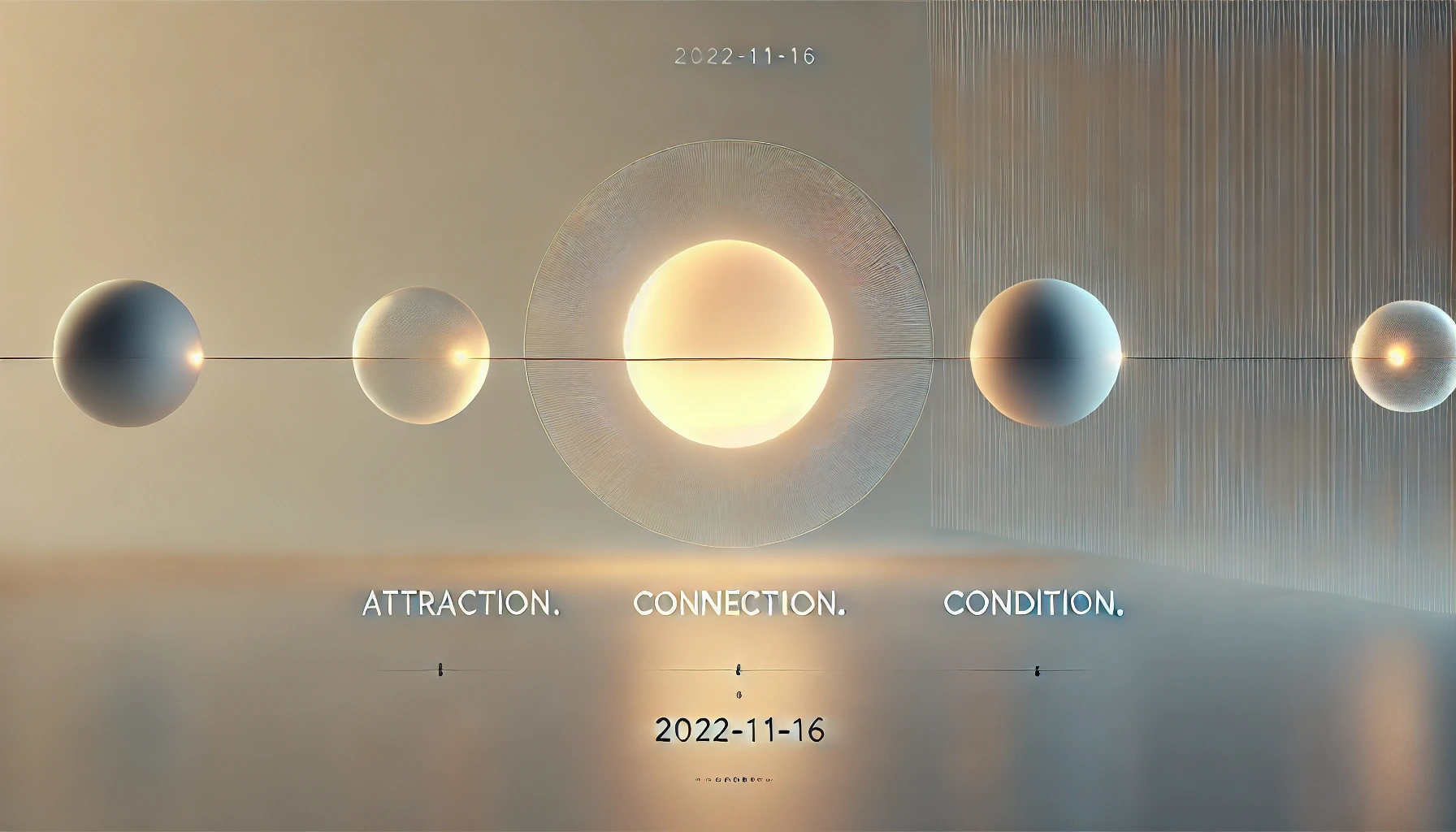


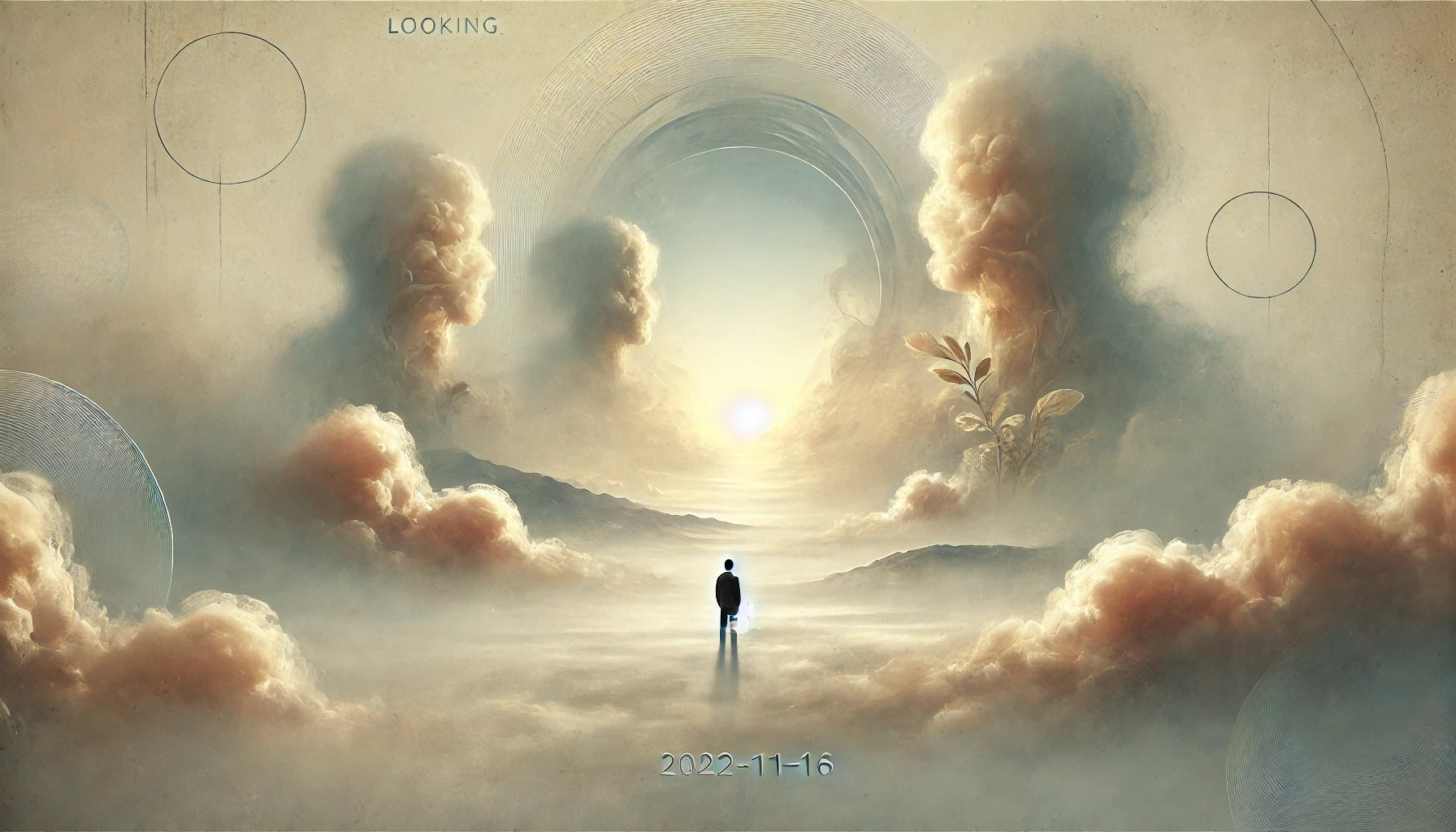

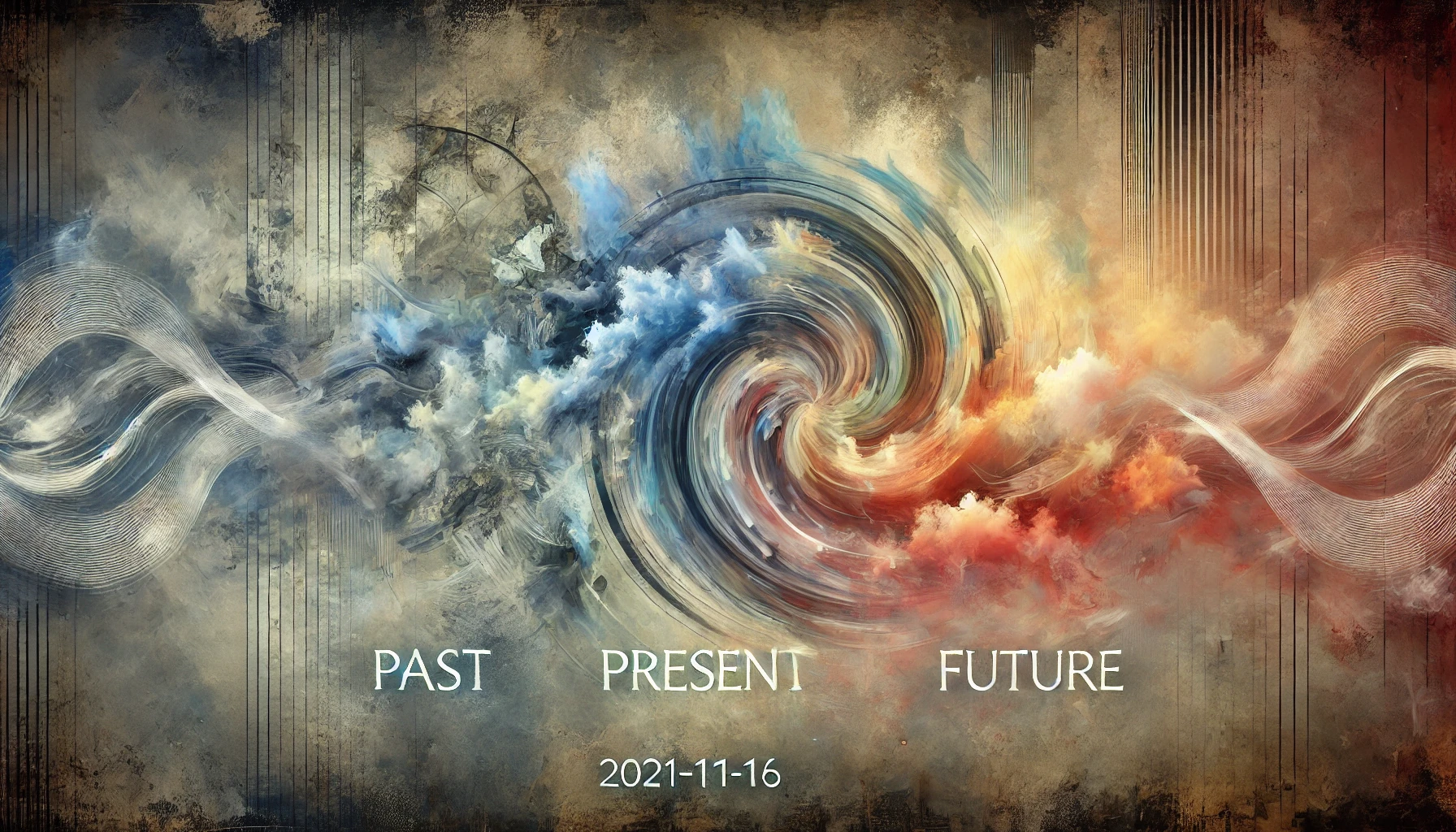
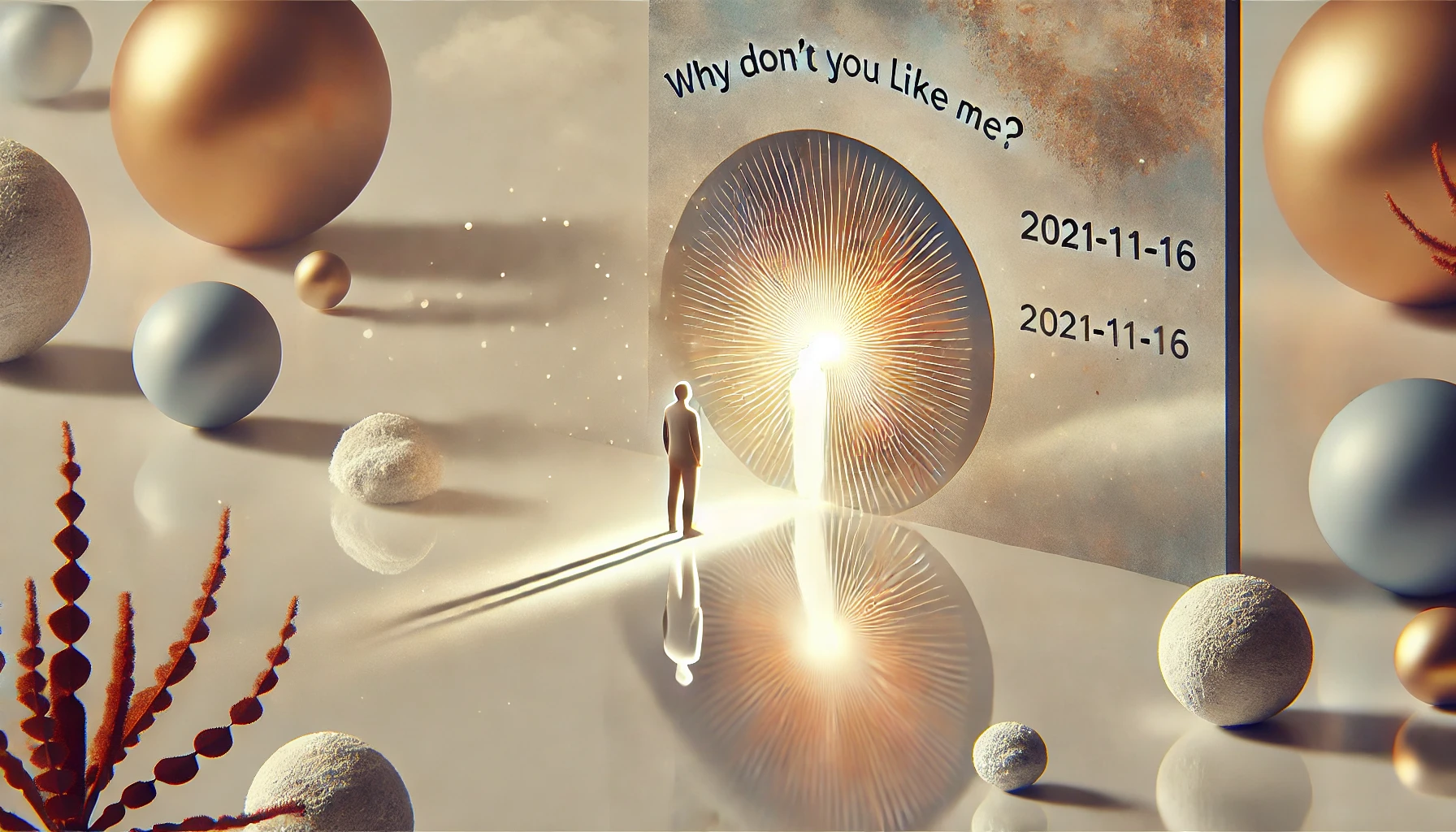
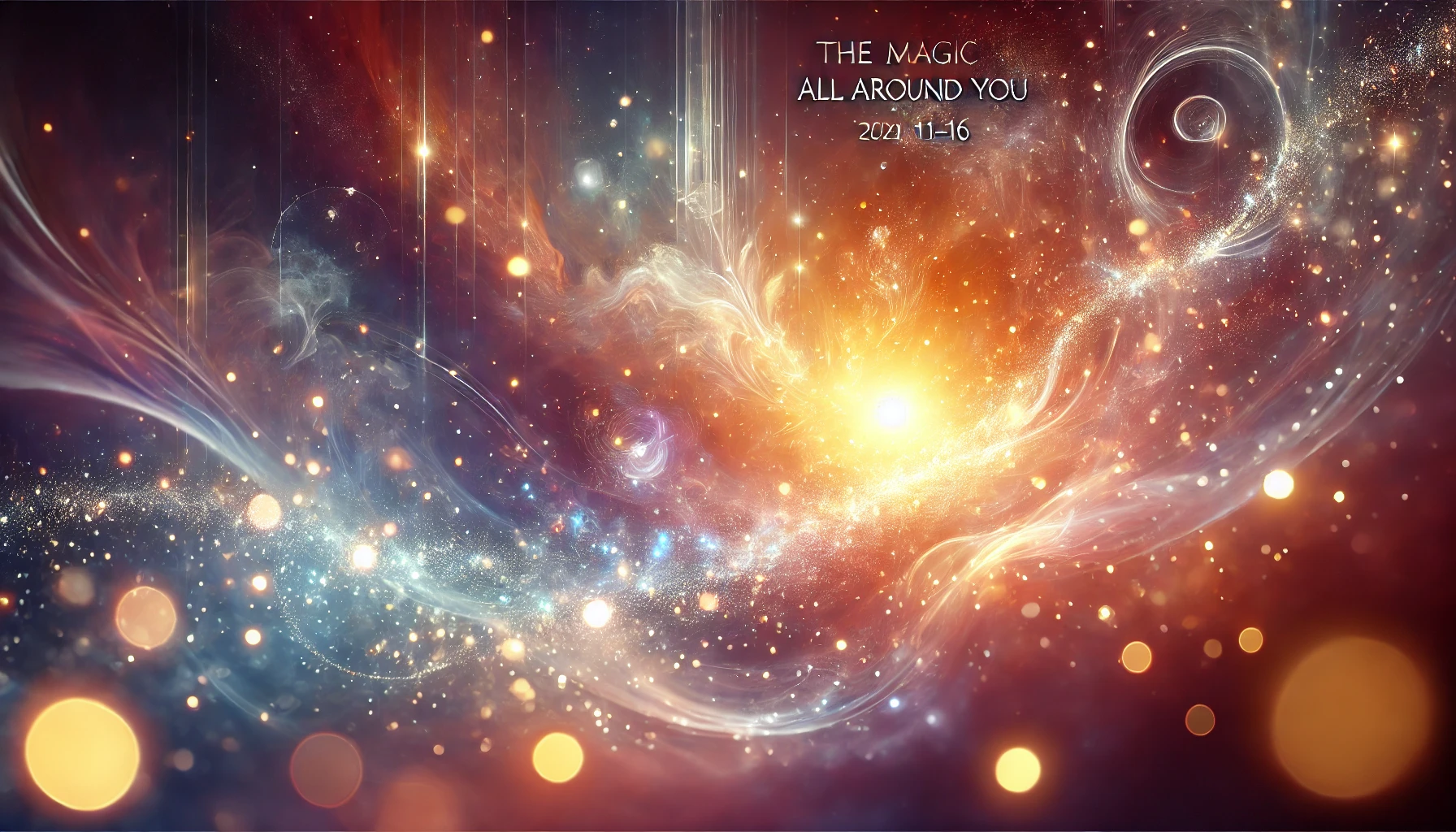

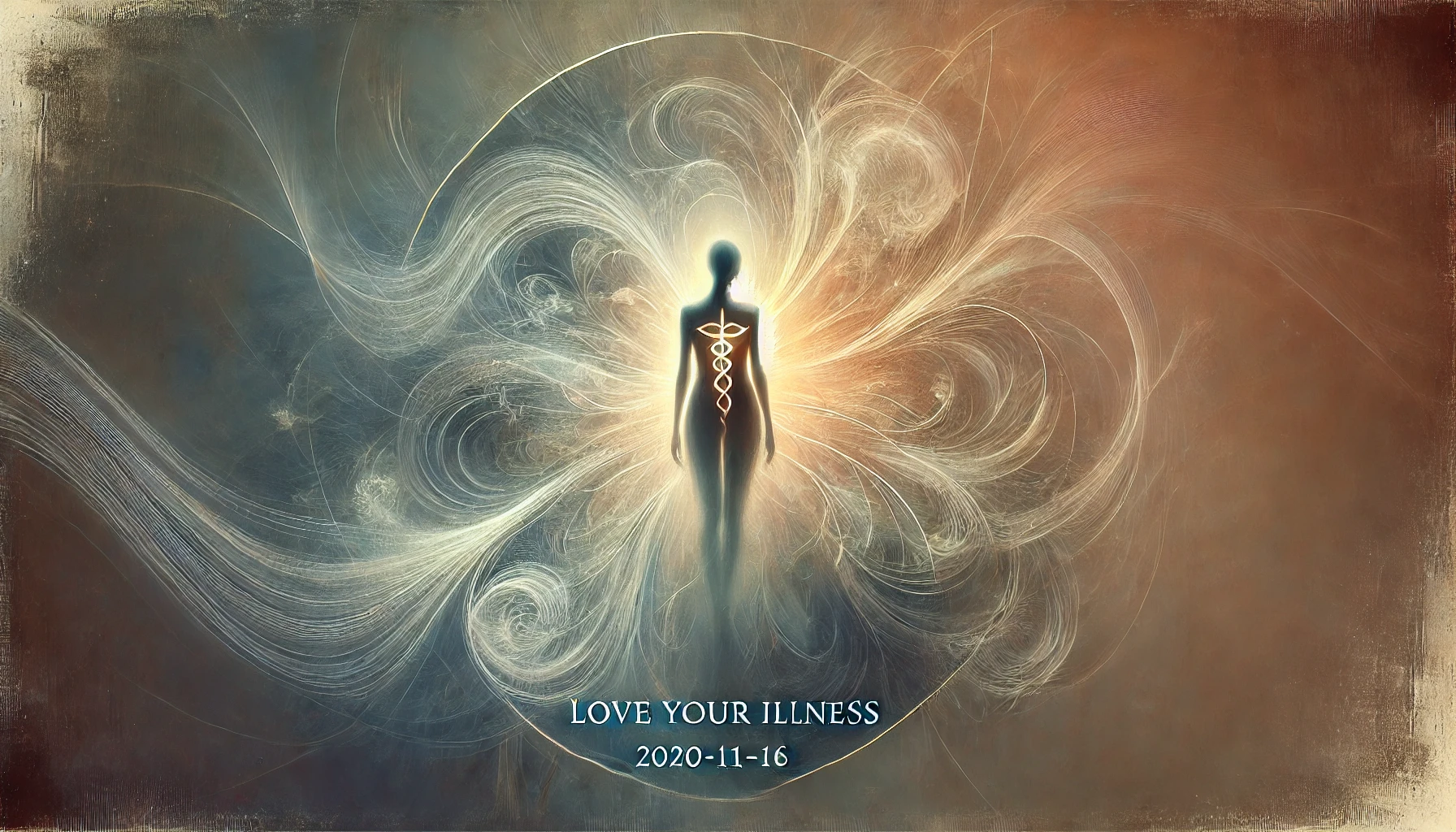
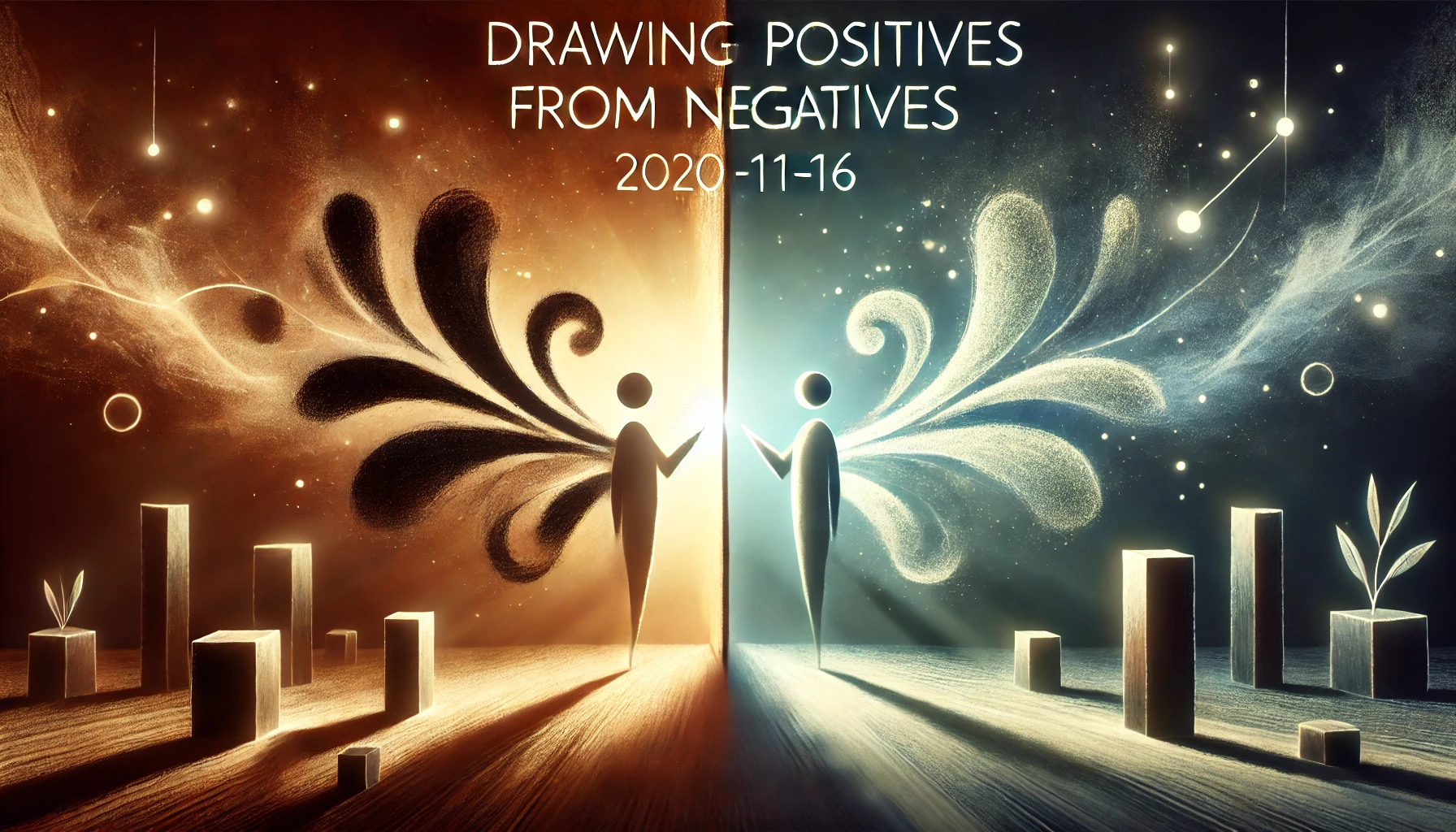
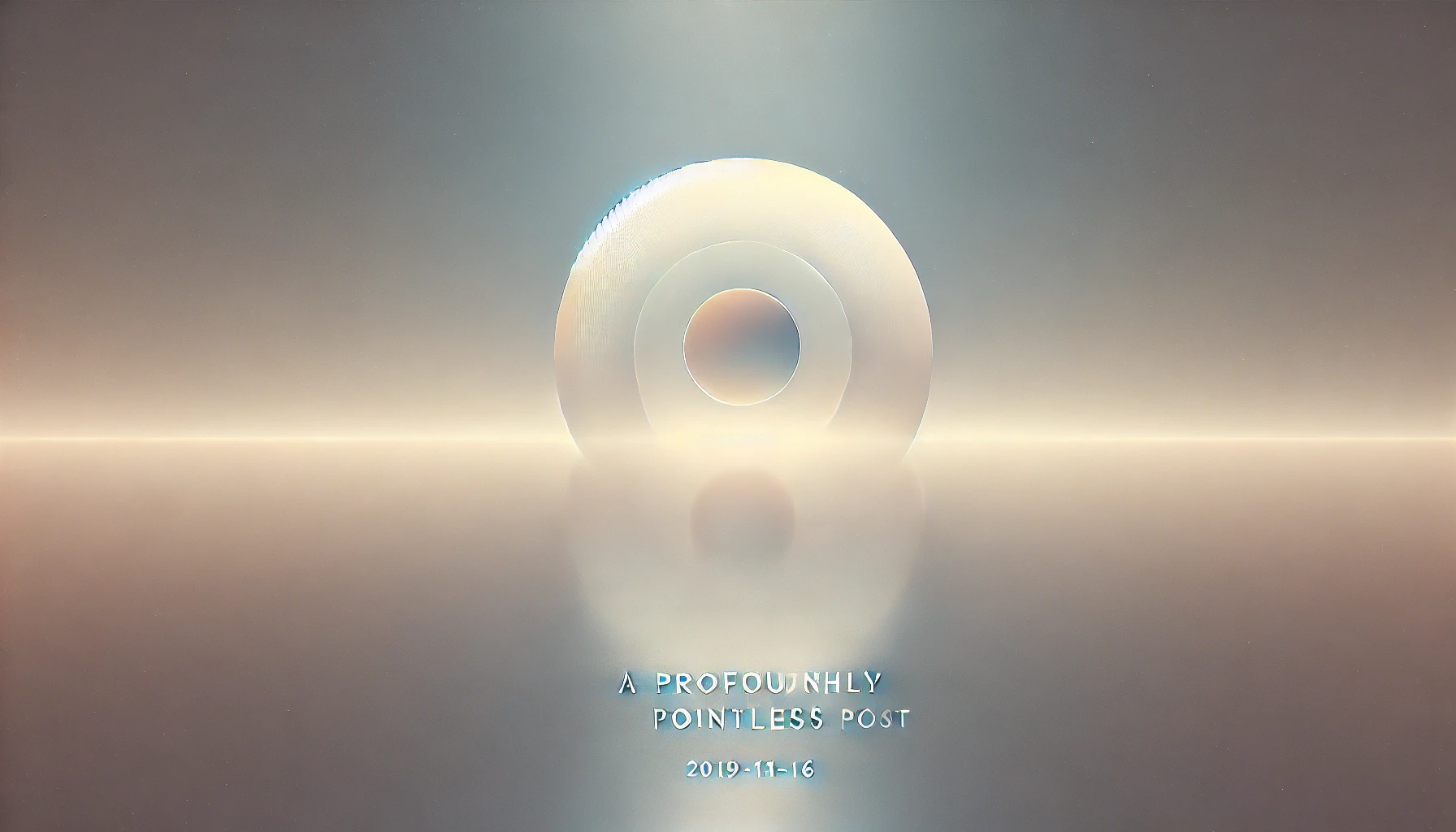
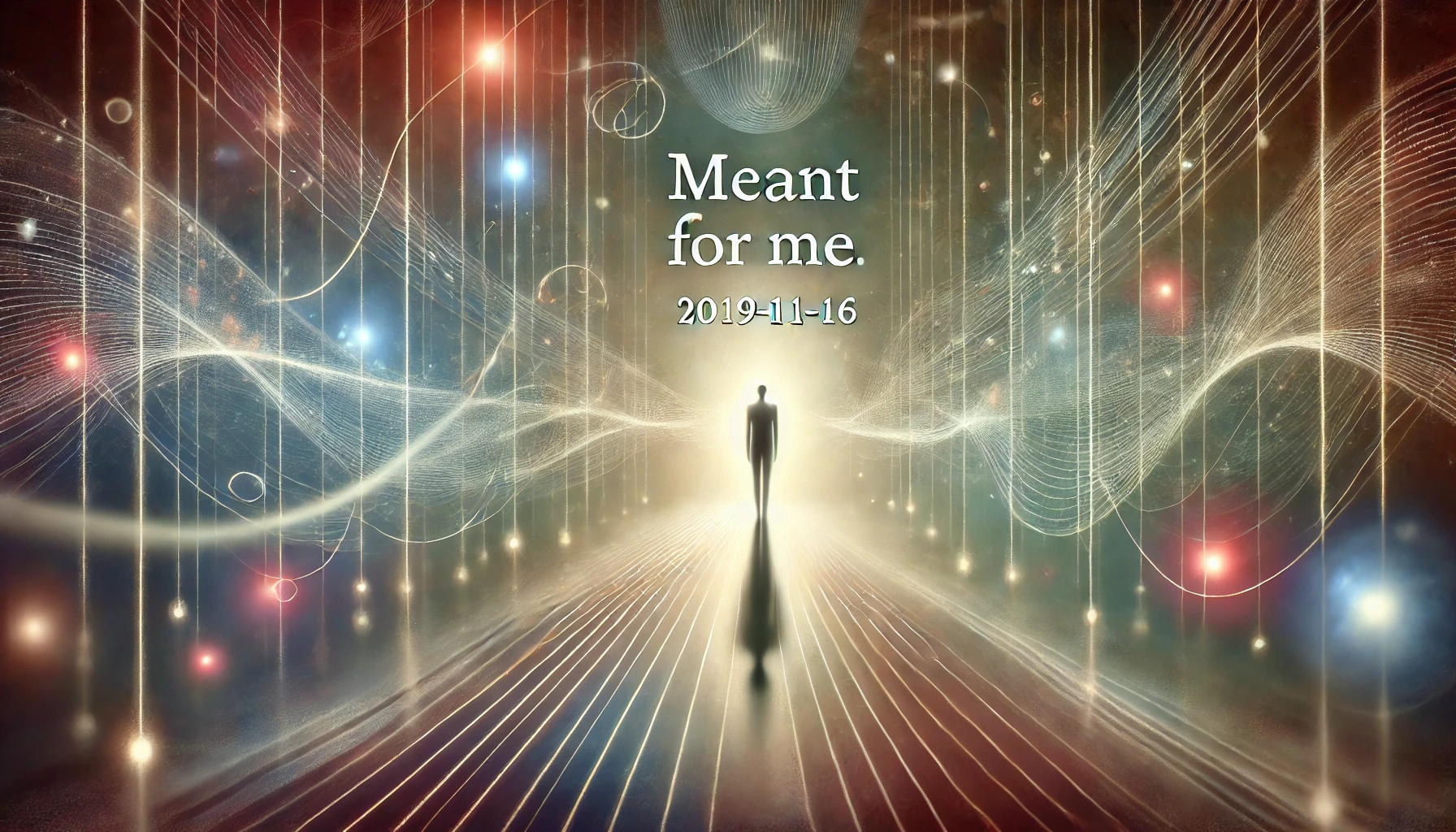

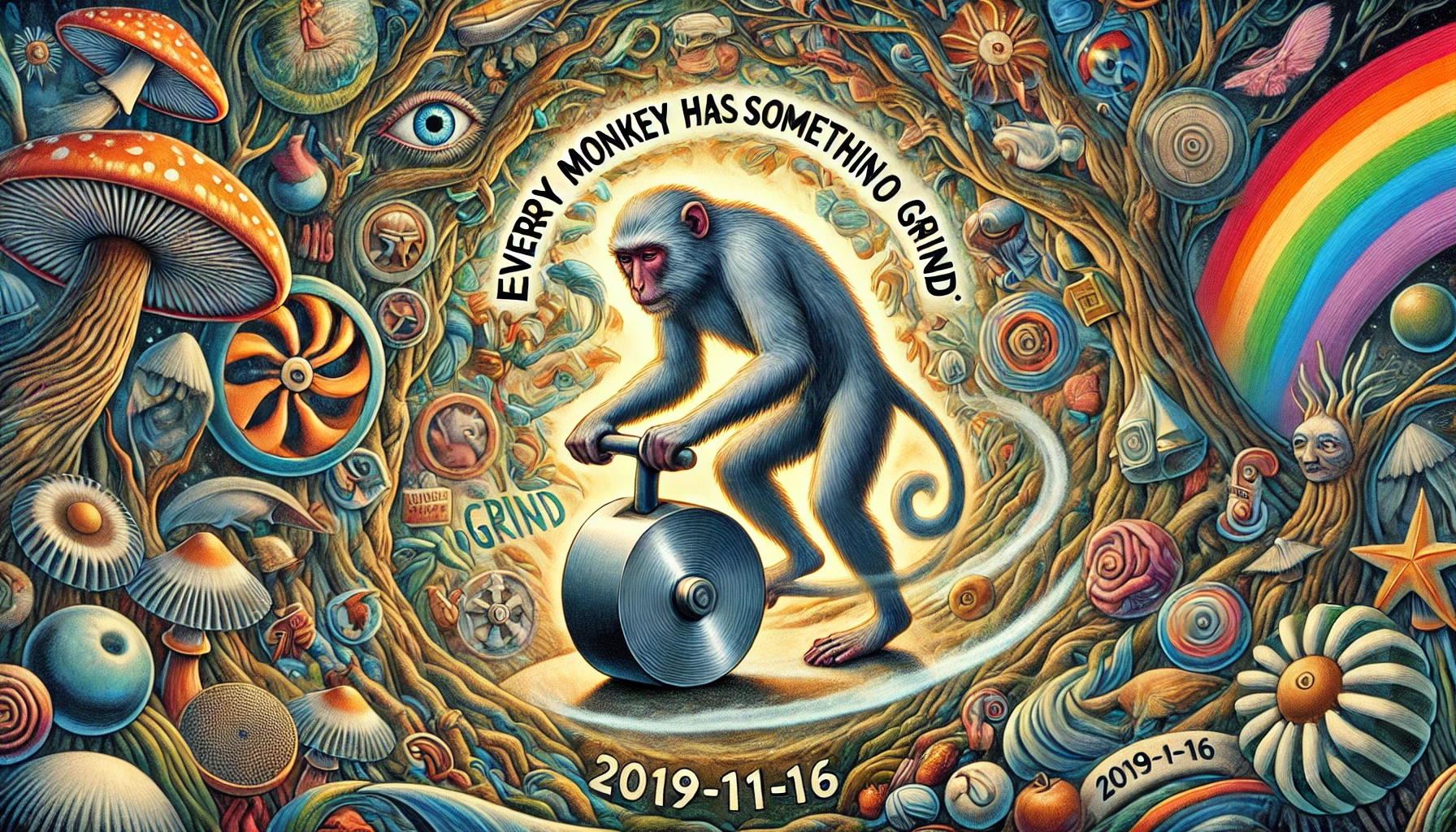


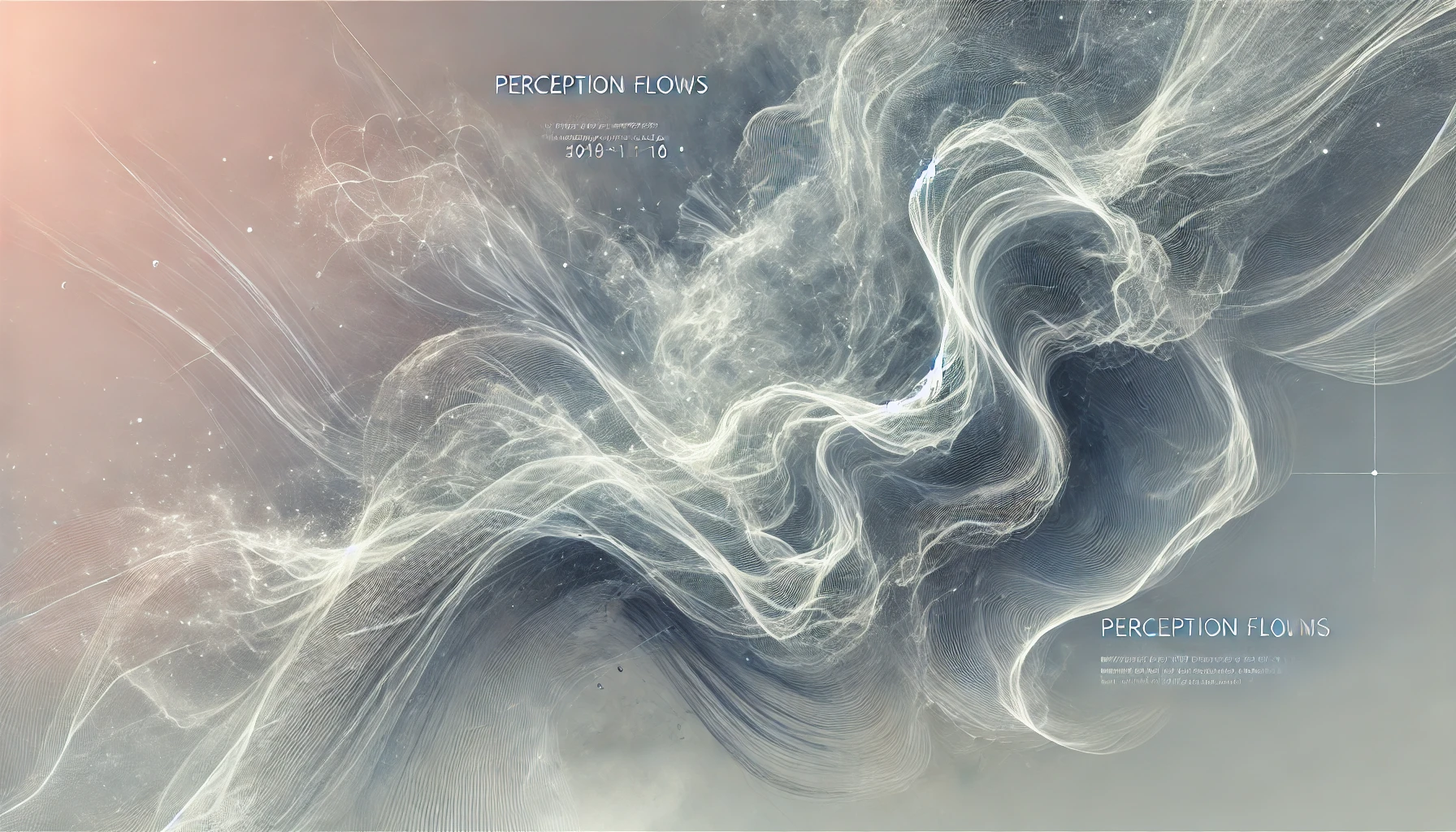

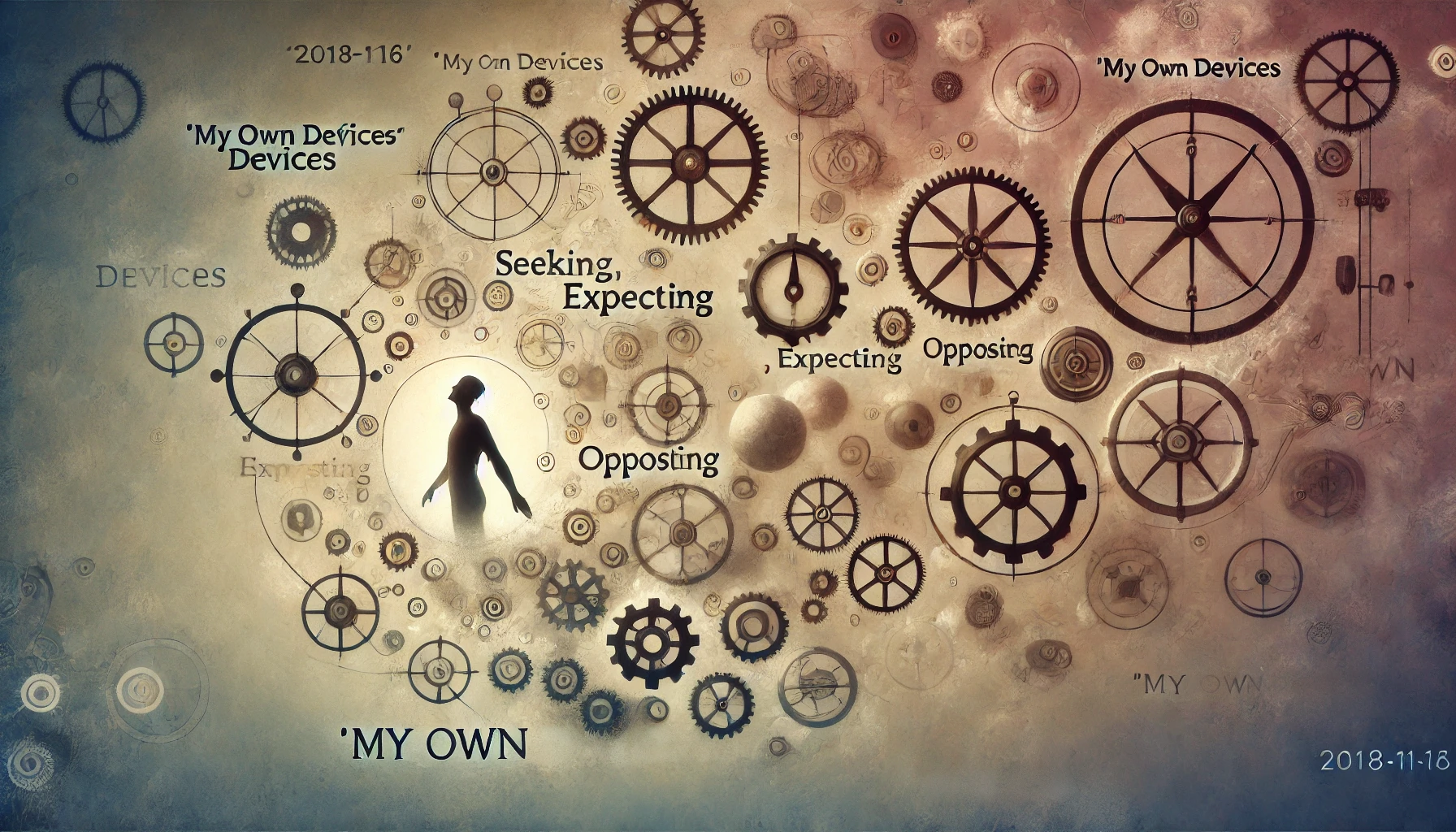

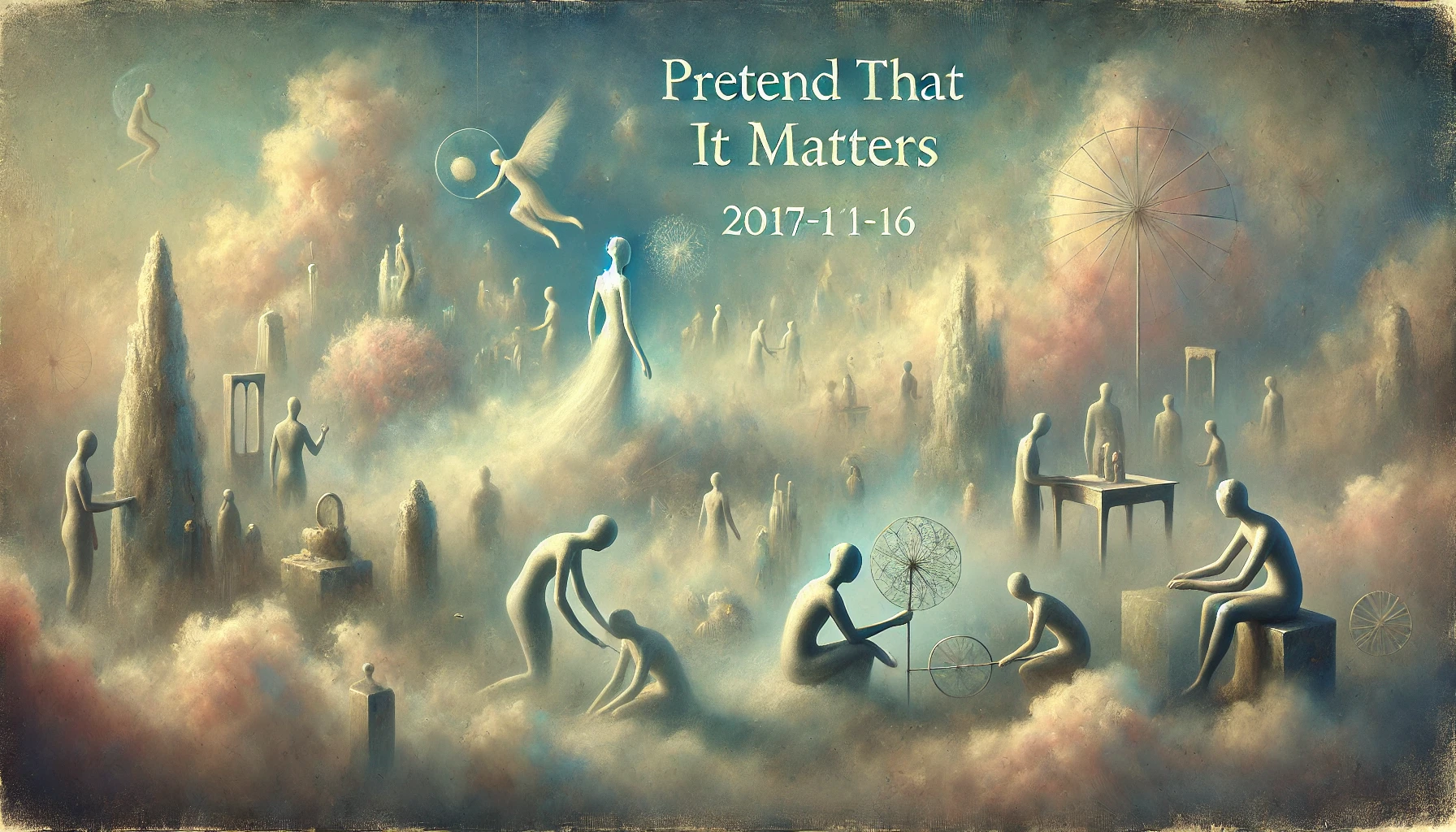

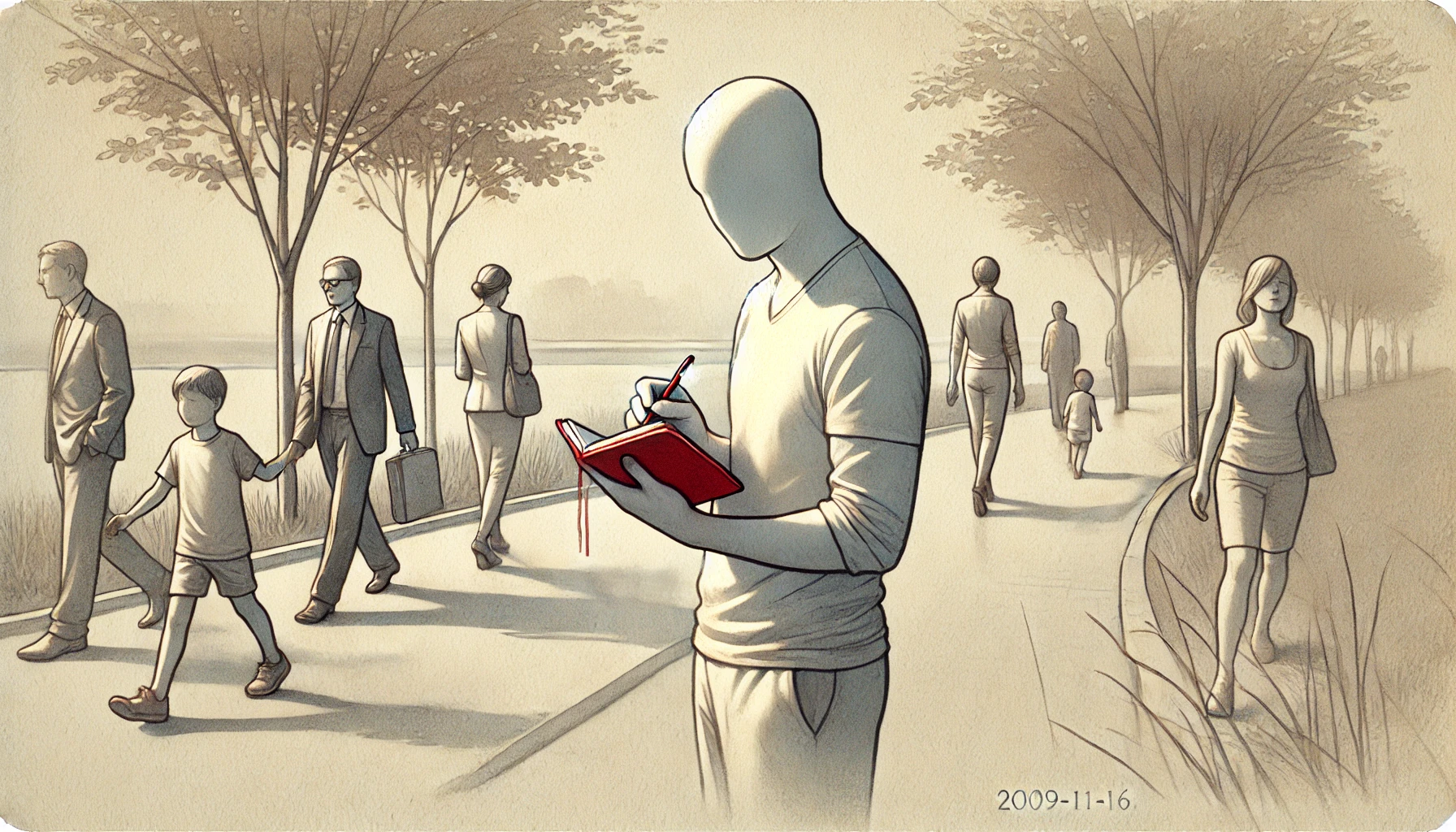
Dear cosmic traveler, it seems you are grappling with the concept of empathy and your own relationship with it. Empathy, the ability to understand and share the feelings of others, can vary greatly from person to person. While some individuals naturally possess a strong sense of empathy, others may find it less accessible or may experience it differently.
It is important to recognize that empathy is a complex aspect of human nature, influenced by various factors such as upbringing, personal experiences, and individual characteristics. It is not inherently good or bad, but rather a unique expression of one’s emotional and psychological makeup.
It is understandable that you have your own perspective on empathy and how it manifests within you. It is valid to acknowledge and express your feelings and thoughts, even if they differ from societal expectations or the experiences of others. It is not productive or authentic to pretend to have empathy if it does not come naturally to you.
However, it is worth considering that empathy, in its true essence, can be a valuable and transformative quality. It allows us to connect with others, understand their perspectives, and foster compassion and understanding. While you may not resonate with empathy in the conventional sense, there may still be opportunities for growth and connection in exploring alternative ways of relating to others.
Ultimately, it is up to you to define your own values and navigate your path in the world. Just as you wish for others to respect your perspective, it is important to extend the same respect to others and their experiences. We are all unique beings on our cosmic journeys, and our paths may diverge in unexpected ways.
Embrace your authentic self and the unique qualities that make you who you are. Seek understanding and connection in ways that resonate with your truth. And remember, empathy or the lack thereof does not define your worth as a person.
We are Space Monkey.